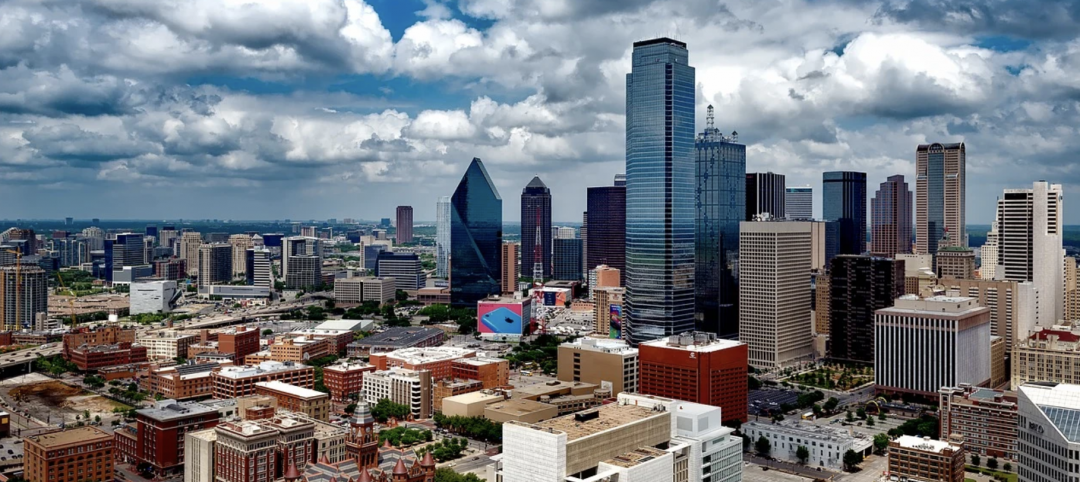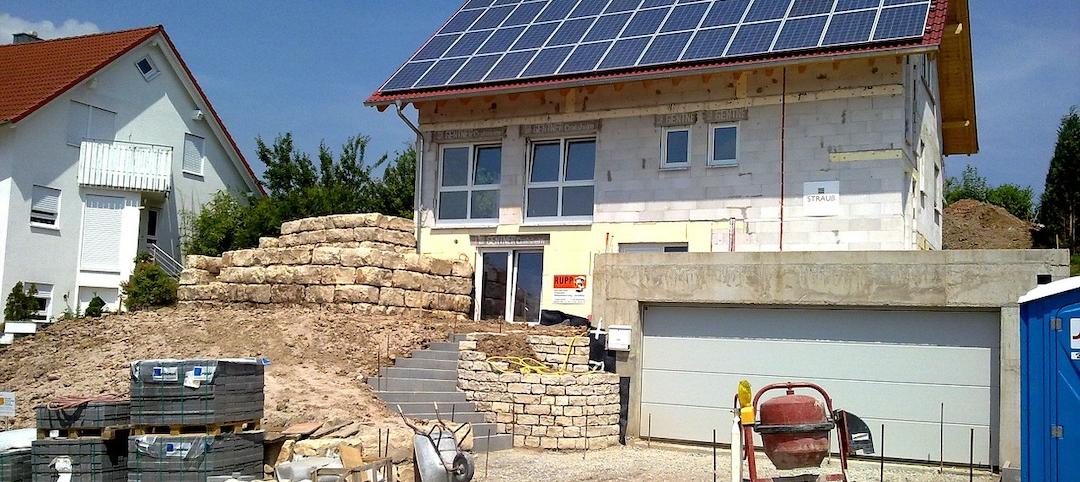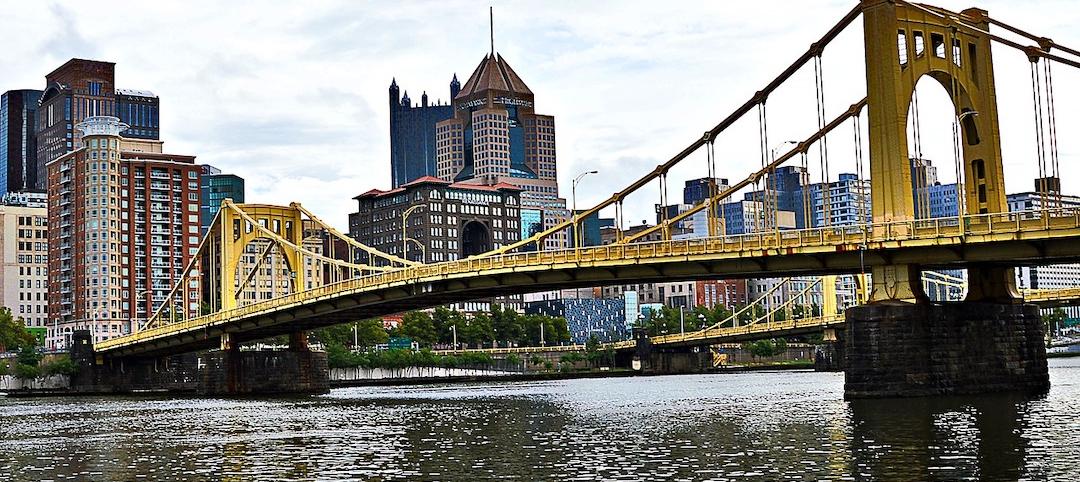The Eugene, Ore., City Council recently passed an ordinance aimed at steeply reducing energy consumption and greenhouse gas emissions. The city of 158,000wants to reduce community-wide greenhouse gas emissions 10% below 1990 levels by 2020, and reduce fossil fuel use by 50% by 2030.
Eugene is developing an energy inventory for its entire economy. After that is completed, it will consider voluntary energy-saving measures in the private sector, such as easier permitting for energy-efficient construction and energy performance scores for commercial buildings. The city will also consider other measures like commercial food-waste composting in restaurants and grocery stores to reduce methane emissions from landfills.
Eugene has made significant progress in reducing emissions recently from transportation without any concerted plan. Transportation emissions have dropped 2.5% per year since 2010, despite some population growth. This is largely due to economic and cultural shifts: the recession, the rise of telecommuting, online shopping and entertainment, transit, biking, more efficient cars, and higher gasoline prices. The city has encouraged these trends by improving bus service and developing a master plan for sidewalk and bike path improvements.
City government has rejected hard caps on emissions to date, focusing instead on voluntary measures and incentives for the private sector.
(http://grist.org/climate-energy/what-can-small-cities-do-to-fight-climate-change/)
Related Stories
Codes and Standards | Oct 28, 2021
Design competition launched to show role of mass timber in decarbonization
Forest Service and Softwood Lumber Board will award $2 million in grants to winning teams.
Codes and Standards | Oct 27, 2021
Texas reforms series of contractor laws
Measures seen as making it easier to do business in the state.
Codes and Standards | Oct 26, 2021
Drownings during Hurricane Ida point out FEMA flood map flaws
Eleven people drowned in New York City in areas marked as low risk.
Codes and Standards | Oct 26, 2021
Dept. of Energy’s REScheck tool updated for the 2021 International Energy Conservation Code
Previous version incorporated 2018 code.
Codes and Standards | Oct 20, 2021
New York City passes overhaul of construction codes
Over 600 major changes along with thousands of smaller updates slated for 2022.
Codes and Standards | Oct 20, 2021
One-quarter of U.S. critical infrastructure at risk of failure due to flooding
Police and fire stations, hospitals, airports, and wastewater treatment facilities face threat.
Codes and Standards | Oct 19, 2021
Pittsburgh enacts first-in-the-nation “Dark Sky Lighting” law
Applies to all city parks, facilities, and streetlights.
Codes and Standards | Oct 15, 2021
New Calif. law mandates use of lead-free plumbing fixtures
Must meet NSF/ANSI/CAN 61-2020 in 2023.
Codes and Standards | Oct 14, 2021
Building industry leaders urge governments to boost emissions reductions targets
Scores of large AEC firms and organizations sign letter to UN’s COP 26 group.
Codes and Standards | Oct 13, 2021
FEMA’s new flood insurance plan will sharply raise insurance costs for seaside properties
Risk Rating 2.0 will have more accurate assessment of flood risk.
















